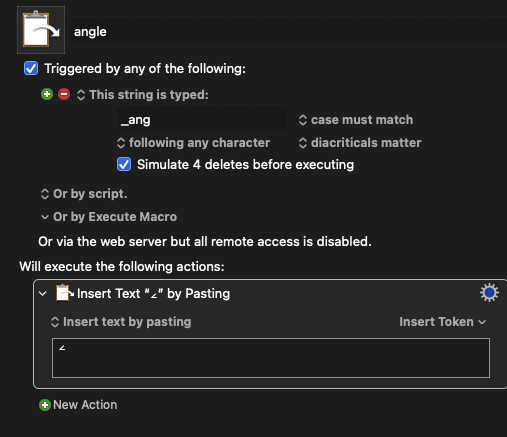From an interview with Ayn Rand in “Focus on Youth”, a radio show hosted by Garth R. Ancier, 1976, as presented in Objectively Speaking - Ayn Rand Interviewed
Ancier: You seem to hold the view that if man reasons out his values, his emotions will
come into perfect accord with them. You believe that he will never have conflicts—an
emotional desire to do something that is contrary to his intellectual goals.
AR: That’s right.
Ancier: In view of the efforts of behavioral psychologists to alter behavior by unblocking people’s emotions, how can you scientifically support your assertion that
emotions accord with reason?
AR: The simplest way would be for me to say, “Here I am.” Scientifically test
me and you will find that in my whole life—and I am quite old—I have never had an emotion that I couldn’t identify or that clashed with my reason for
longer than perhaps a day, at most. If it’s a very complex emotion, the reason
for which I don’t readily know, it will take me a day to identify it.
A day seems pretty fast (I believe her, I’m just noting the speed, which is impressive given that people struggle with emotional conflicts for years and die without resolving them)
Skipping ahead in the quote:
On the positive side, let me briefly answer your question about how to
prove the relationship between reason and emotion. Define what you would
take as proof and then conduct any experiment you want in regard to correlating human knowledge and emotional response. Teach people first of all
how to introspect, and your experiments will discover the correlation very
simply. I will borrow one example from the experience of a very good friend
of mine, Dr. Leonard Peikoff. He is a philosopher, and he told me that when
he would teach in universities, even to freshman classes, he would proceed
to explain the Objectivist theory of emotion. Then, without any warning, he
would distribute examination books as if he were suddenly going to give the
students a test. They were horrified and indignant, saying, “You didn’t warn
us that there was going to be an exam.” He let them indulge their emotions
for a while, and then explained that this incident should prove to them, by
introspection, that their emotions come from their knowledge and their
values. They thought that an exam would be dangerous to them and so they
felt angry and frightened. The moment he told them it was only an experiment, their thinking changed and their emotions vanished. That’s a simple, experimental proof.
I see Peikoff’s point but it seems mean and unethical to me to intentionally cause your students distress in order to prove a point. I doubt that there was a disclosure the students signed when signing up for the class that they’d be participants in psychological experiments.
Also Rand frames it as the students thinking an exam was “dangerous”, but, were I in the situation of the students, I’d be thinking that a surprise exam with no warning was unjust. I wouldn’t be thinking it was particularly dangerous, because my guess is that the other people in the class probably wouldn’t do super great on a surprise exam either, and there are often curves involved in such things, so…
